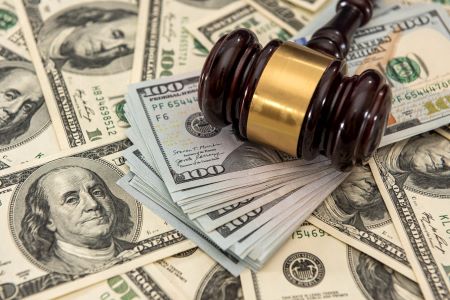
Before the spring of 2020, a long-term drunk driver crackdown appeared to be working. But coronavirus changed pretty much everything, including driver habits. When roads emptied and traffic enforcement stopped, people started drinking and driving again. So, the number of alcohol-related wrecks has increased significantly since 2020.
These collisions often cause fatal or catastrophic (life threatening) injuries, like a head injury. The extreme force of a collision causes a victim’s brain, which isn’t much larger than two closed fists, to slam against the inside of the skull. That impact causes permanent brain damage. Dead brain cells don’t regenerate.
In order to carry on, these victims must depend on government or charitable handouts. Or, they can take control of their own futures and partner with a Columbia DUI accident lawyer. Attorneys build solid cases which ensure maximum compensation in a car crash claim. This compensation usually includes money for economic losses, such as medical bills, and noneconomic losses, such as pain and suffering.
First Party Liability
Intoxicated motorists have completely lost the use of their normal mental or physical faculties. These drivers usually face DUI charges. Impaired motorists have partially lost the use of their mental or physical faculties. These drivers rarely face significant consequences in criminal court.
Civil court is different. Most drivers have a duty of reasonable care. They must be at their best, both physically and mentally, when they get behind the wheel. If a Columbia personal injury lawyer proves the driver was impaired, compensation is usually available. Evidence of alcohol impairment includes:
- Bloodshot eyes and other physical symptoms,
- Bars or other commercial alcohol providers the tortfeasor (negligent driver) was at before the wreck,
- Erratic driving before the collision, and
- Tortfeasor’s statements, especially statements to first responders, about alcohol consumption.
The burden of proof in a civil case is only more likely than not (a preponderance of the evidence). So, the total effect of the above evidence is greater than the sum of the parts.
We mentioned DUI cases in criminal court above. These matters have a significant impact on civil claims. If authorities charged the tortfeasor with DUI, the negligence per se shortcut is usually available. Tortfeasors are liable for damages as a matter of law if they violate certain safety laws and that violation substantially causes injury.
The citation is all that matters. The negligence per se doctrine usually applies even if the tortfeasor “beats” the DUI in criminal court.
Third Party Liability
We also mentioned physical symptoms of impairment, such as bloodshot eyes, above. This evidence could establish third-party liability in an alcohol-related crash.
Commercial providers, like restaurants and private clubs, cannot legally sell alcohol to obviously intoxicated people. Other illegal sales include underage and unlicensed alcohol sales. Under South Carolina law, these establishments are vicariously liable for damages if they illegally sell alcohol to a patron who later causes a car crash.
The crash must be a foreseeable result of the transaction. It’s clearly foreseeable that an intoxicated customer will drive home. It’s also usually foreseeable that a person who buys packaged alcohol will open a beer and drink it on the way home.
Since alcohol-related collisions cause such serious injuries, victims usually need an additional source of recovery in these cases, Vicarious liability provides that additional source.
Count on a Dedicated Richland County Lawyer
Injury victims are entitled to significant compensation. For a free consultation with an experienced personal injury lawyer in Columbia, contact the Marc Brown Law Firm. We routinely handle matters throughout the Palmetto State.
Source:
fortune.com/2022/09/21/drunk-driving-pandemic-highway-deaths-cars-ntsb-blood-alcohol-monitoring/